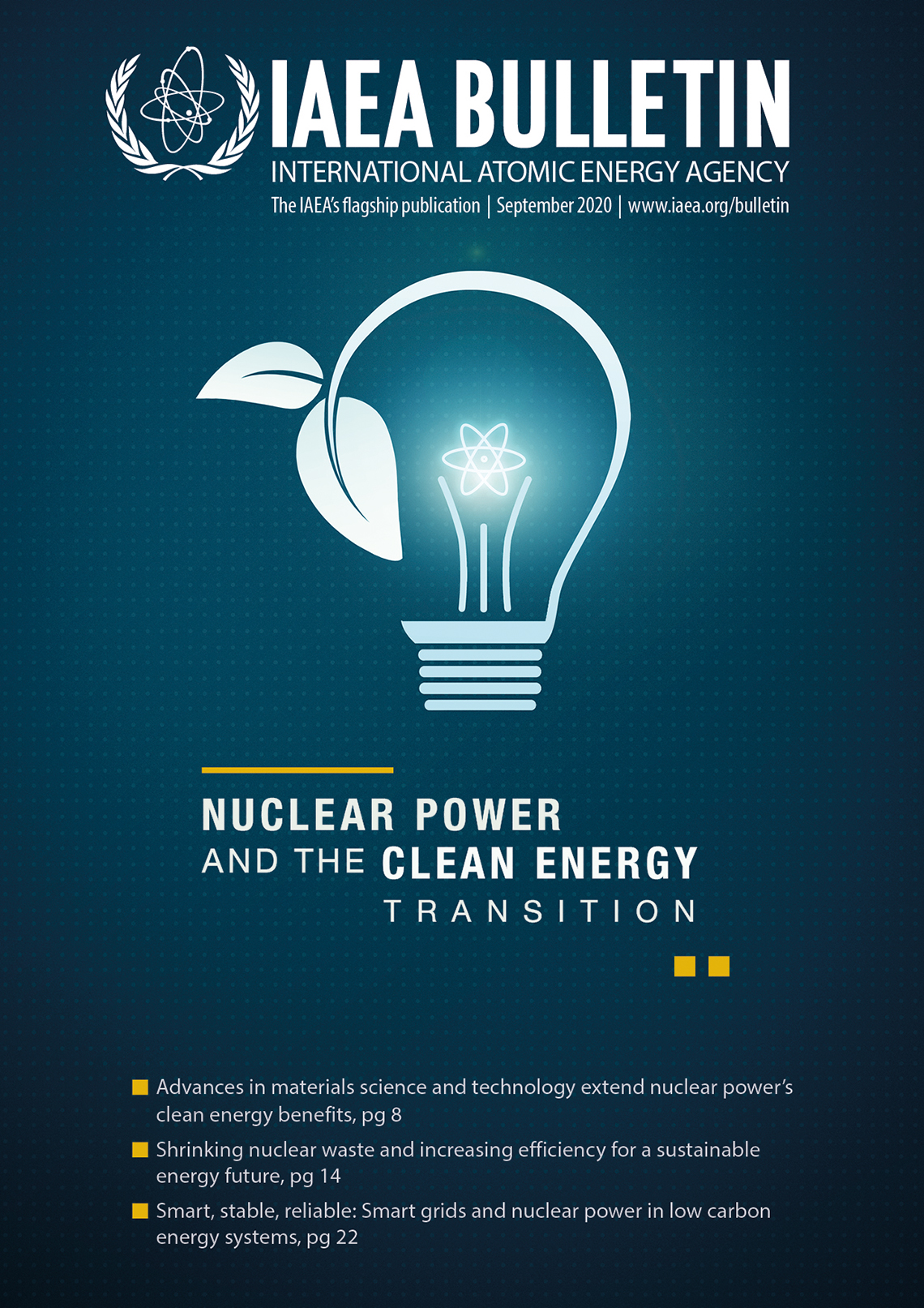A recent test of resilience emerged during the unprecedented COVID-19 pandemic.
As the COVID-19 virus spread to every corner of the globe in the first part of 2020, societies and economies were turned upside down. Numerous restrictions, including lockdowns, were adopted to control the spread of the virus.
“Despite these worldwide constraints, nuclear power plants around the world continued to operate safely. Operators seamlessly implemented contingency plans, including a variety of emergency measures, to maintain operations and keep personnel safe,” said Greg Rzentkowski? Director of the IAEA’s Division of Nuclear Installation Safety. “Operators took the necessary precautions and carefully implemented operational and organizational changes, while continuing to ensure safety and security of nuclear power plants.”
While no country has reported the enforced shutdown of a nuclear power reactor due to the effects of COVID-19, some scheduled maintenance outages have had to be, with regulatory approval, either shortened or postponed as part of protective health measures that have temporarily scaled back non-critical work, according to operator reports. There are also concerns that pandemic-related supply chain disruptions, such as delayed services and temporary closures of manufacturers, could lead to delays in new builds and major refurbishment projects.
“It remains to be seen how much of an impact these pandemic-related disruptions will have on the industry, said Dohee Hahn, Director of the IAEA’s Division of Nuclear Power. “The input we continue to receive provides us with crucial insight as to the pandemic’s impact on the nuclear industry and will help operators and regulators alike learn from each other’s experiences.”
Nuclear power has not only proven its resilience during the pandemic but has also shown that it is safe and well suited to meet changing energy needs. Since the pandemic began, the share of nuclear power has increased in some countries, including Brazil, India and South Korea. In the United Kingdom, for example, nuclear power has played a significant role in drastically reducing the amount of coal burning for electricity; the pandemic-induced lower demand for electricity allowed the UK to temporarily close coal plants in favour of an increased use of nuclear power.

